The executive order that U.S. President Joe Biden signed on Wednesday to restrict critical technology investments in China will "seriously" undermine the interests of businesses and investors of both countries while further straining bilateral relations, an embassy spokesperson and some analysts said.
The order authorizes the U.S. Treasury Department to regulate the flow of certain U.S. investments and expertise into three sectors: semiconductors and microelectronics, quantum computing and artificial intelligence.
It is expected to be implemented next year after rounds of public comment.
"The latest investment restrictions will seriously undermine the interests of Chinese and American companies and investors, hinder the normal business cooperation between the two countries and lower the confidence of the international community in the U.S. business environment," said Liu Pengyu, a spokesperson of the Chinese embassy in Washington.
Liu said Beijing had repeatedly expressed its deep concerns, but the U.S. went ahead with the new curbs.
"China opposes the U.S.'s overuse of national security to politicize and weaponize trade, scientific and technological issues and deliberately making obstacles to normal economic and trade exchanges and technological cooperation," Liu told China Daily.
Biden administration officials have insisted that they have no intension in "decoupling" from China, but what the U.S. actually did is repeatedly "decoupling and severing supply chains" from China, Liu noted.
"China will closely follow the situation and firmly safeguard our rights and interests," he said.
The Biden order came at a time when relations between the two largest economies have just shown slight signs of tension easing, following recent trips to Beijing by U.S. Secretary of State Antony Blinken, Treasury Secretary Janet Yellen and presidential special climate envoy John Kerry.
Yang Tao, director-general of the Chinese Foreign Ministry's Department of North American and Oceanian Affairs, met White House and State Department officials in Washington on July 31, and U.S. Commerce Secretary Gina Raimondo is planning to travel to Beijing.
While the visits and talks served to stabilize the relations between China and the U.S., the executive order may further challenge prospects for a stable relationship at a critical juncture in time, according to William C. Kirby, T.M. Chang Professor of China Studies at Harvard University.
Kirby said he hoped the "broad progress" in stabilizing the U.S.-China relationship in recent months is not stymied by the new order.
"Even AI and quantum computing manifest new areas of potential cooperation. It would be ideal, for example, if Beijing and Washington came together to set standards and guardrails for AI governance," Kirby told China Daily.
He also said Washington's move will "very likely" invite Beijing to respond in kind, for example, prompting some export restrictions that will affect American companies in the semiconductor and technology spaces.
China is the largest market for semiconductors, accounting for 36 percent of sales for U.S. companies, according to the Semiconductor Industry Association, a Washington DC-based trade body.
The lobbying group responded cautiously to the new presidential order on outbound investment screening, saying that it is assessing the move while welcoming the opportunity to give feedback in the public comment period.
"We hope the final rules allow U.S. chip firms to compete on a level-playing field and access key global markets, including China, to promote the long-term strength of the U.S. semiconductor industry and our ability to out-innovate global competitors," the association said in a statement.
The Treasury Department said in a statement Wednesday that the executive order was a "narrowly targeted action" to complement existing export controls and that the Biden administration maintained its "longstanding commitment to open investment".
Emily Benson, director of the Project on Trade and Technology at the Center for Strategic and International Studies, said that while the volume of dollars or numbers of transactions covered by a ban or notification regime are likely to be quite small, it does not necessarily mean the overall impact will be limited.
"It's possible that while they're not directly subject to bans, companies will rethink the nature of their investments and that could have a chilling effect on bilateral investment over time," Benson was quoted by AFP as saying.













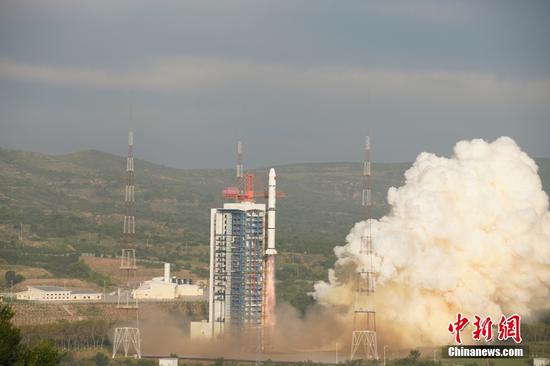


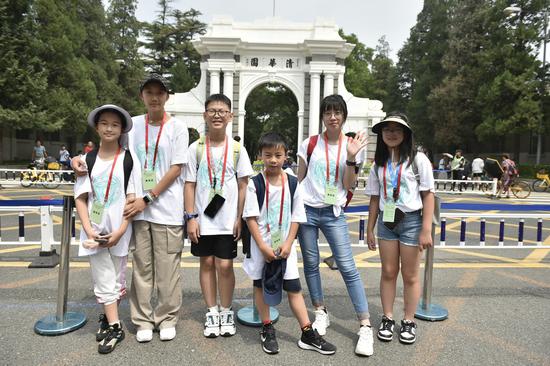

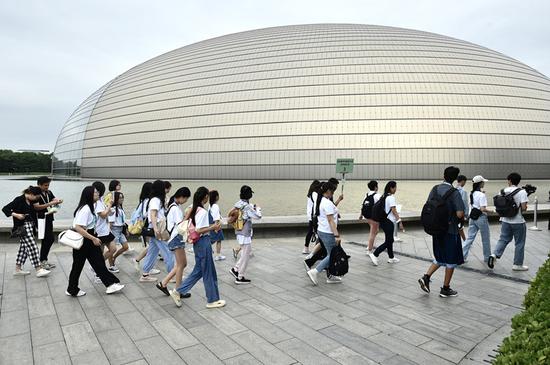



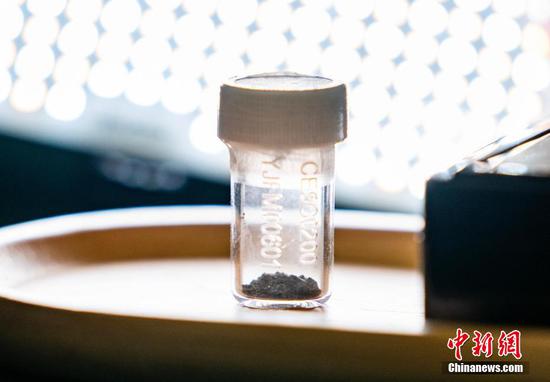


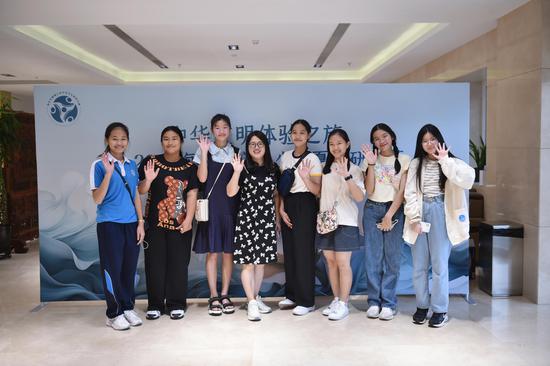
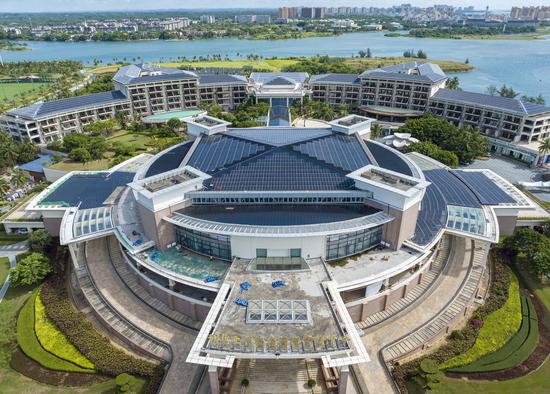
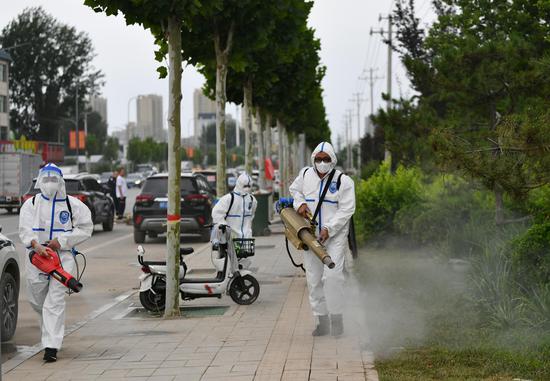

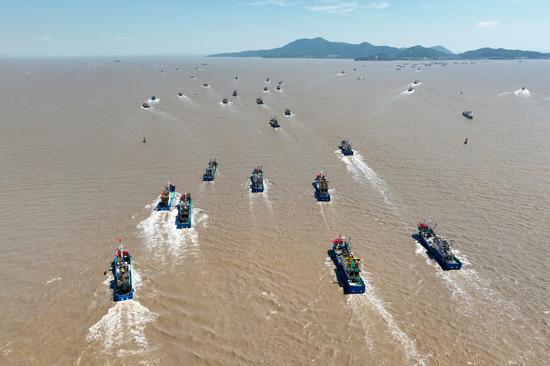
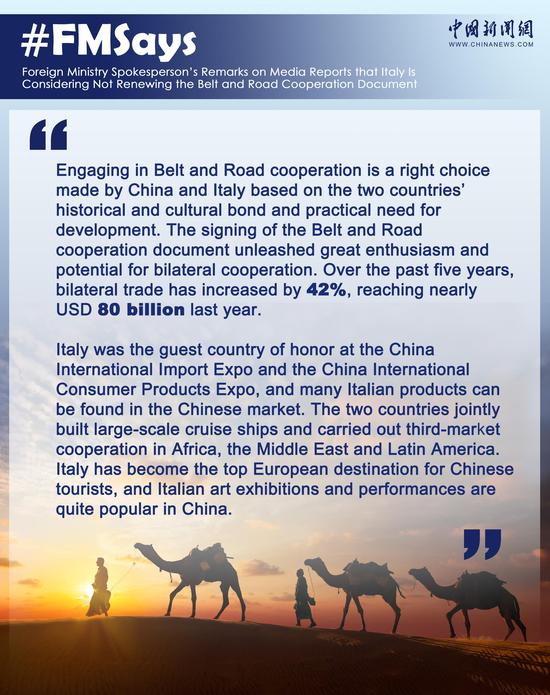






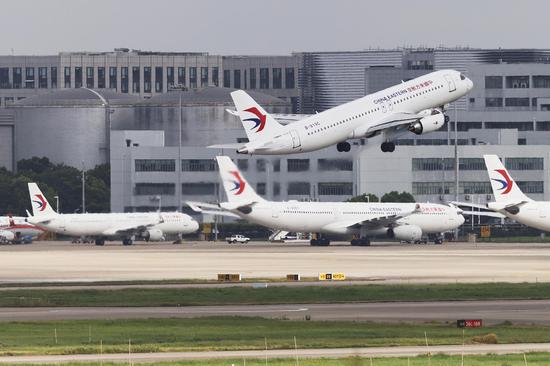






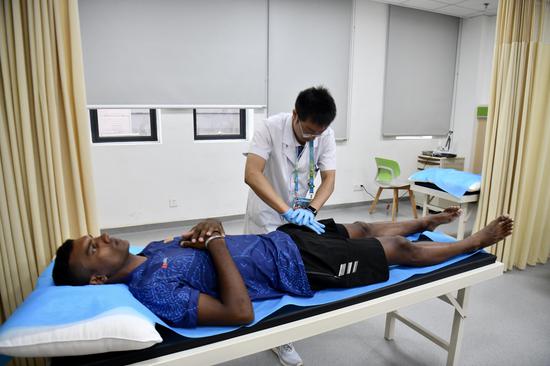





 京公网安备 11010202009201号
京公网安备 11010202009201号